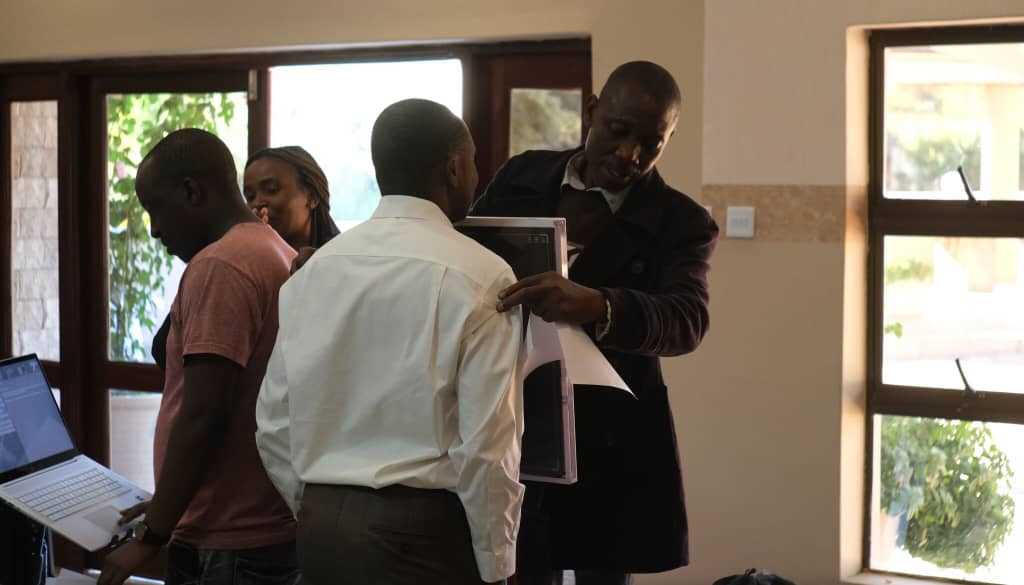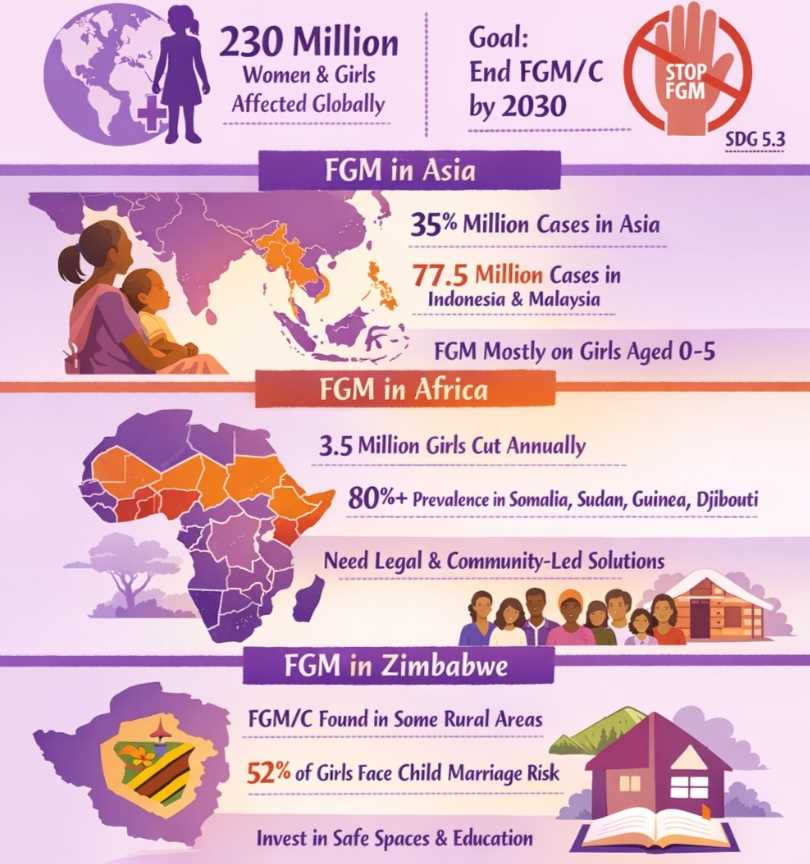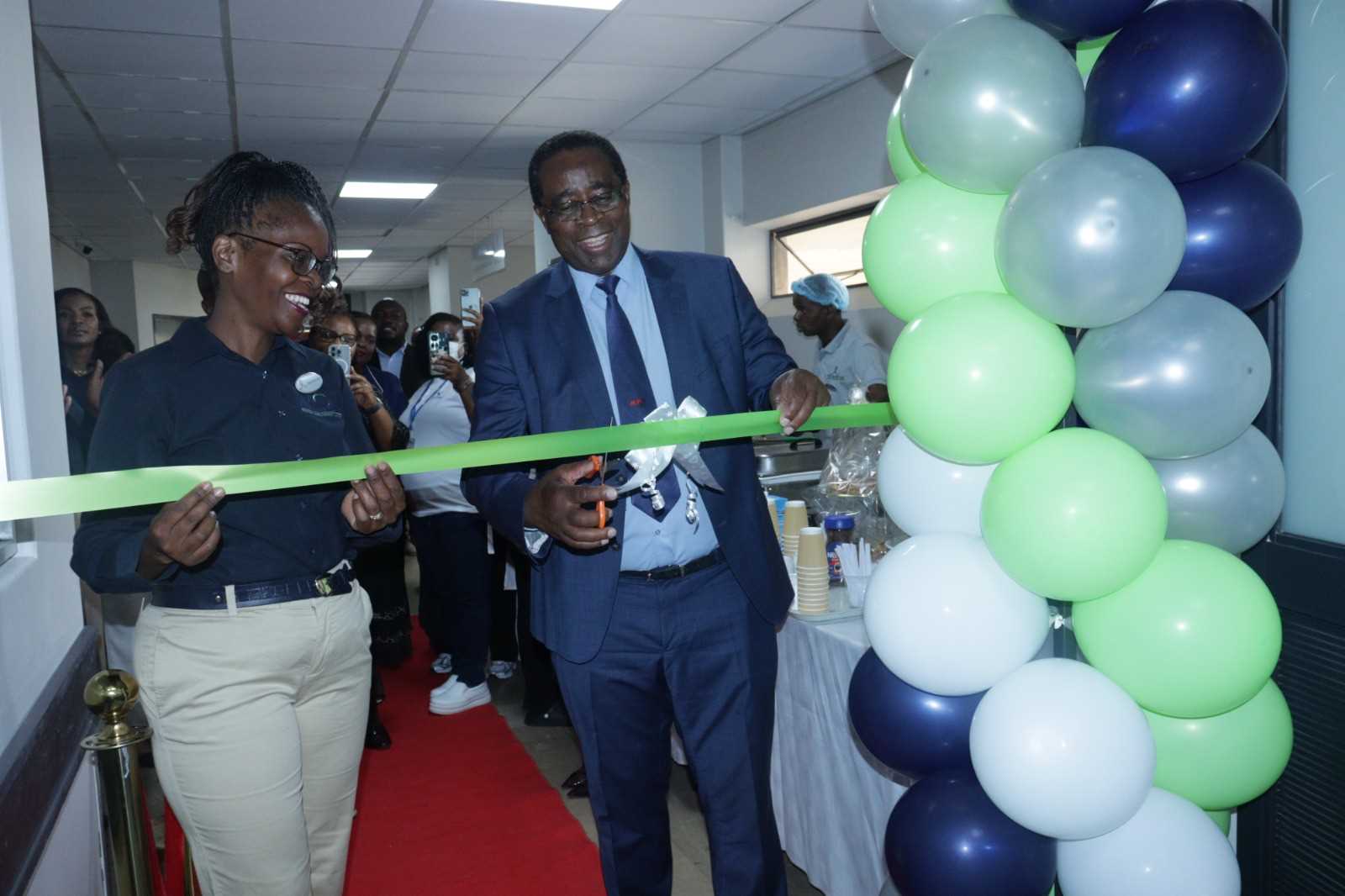
Rutendo Mazhindu- ZimNow Reporter
The Union Zimbabwe Trust has launched an innovative tuberculosis screening outreach programme targeting artisanal mining communities in Mberengwa and Zvishavane.
Funded by the Stop TB Partnership (Global), the project uses a mobile model and offers advanced TB screening through an ultra-portable digital x-ray system enhanced with CAD-AI (Computer-Aided Diagnosis).
This technology allows real-time interpretation of abnormalities linked to TB and silicosis. The programme also includes rapid field specimen testing and integrated services for malnutrition and alcohol-use disorders.
Screening is being conducted at artisanal miners’ workplaces and social hotspots, including moonlight screening sessions. The initiative is supported by community health workers and local primary healthcare centres.
“We are here to launch a game-changing project in the diagnosis of TB and silicosis, particularly in mining communities, targeting artisanal miners and ex-miners,” said Dr Mary Muchekeza, Midlands Provincial Medical Director.
Related Stories
“I am aware that, as miners, you are very busy. That is why we have come to you—with x-rays, and if you're asked to submit sputum for testing, it will be done right here. This cuts down the time people used to wait, ensuring faster access to treatment and care.”
The programme covers 25 health facilities across Mberengwa and Zvishavane—areas identified as high-risk due to their TB burden and active mining operations.
Dr Ronald Ncube, UZT Executive Director, said traditional TB screening methods relied on passive case finding, which left out many high-risk groups.
“What sets this model apart is its integration of TB screening with services for silicosis, malnutrition, and alcohol-use disorders—offering comprehensive care closer to where people live and work.”
“By moving from a passive, facility-based, disease-specific model to a proactive, integrated, and community-focused approach, this project aims to detect more cases early and improve access to timely and appropriate care,” he added.
A total of 270 health and community workers have been trained across five clusters to support the outreach activities. So far, two screening cycles have been completed out of 33 planned. A total of 999 clients were screened for symptoms, 925 received x-rays, and 271 specimens were processed. Ten individuals were diagnosed with TB alone, six with silicosis, and four with both.
“We are happy to be one of the districts selected to implement the project. It is an opportunity to improve TB case finding in our communities. This programme, because of its unique approach, will empower communities in the fight against TB—bringing us closer to a TB-free Zimbabwe,” said Nkulumo Ncube, Zvishavane District TB and Leprosy Coordinator.
UZT is working closely with the Ministry of Health and Child Care, local authorities, and other stakeholders to ensure the success of the programme.




















Leave Comments